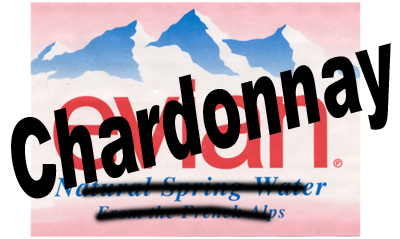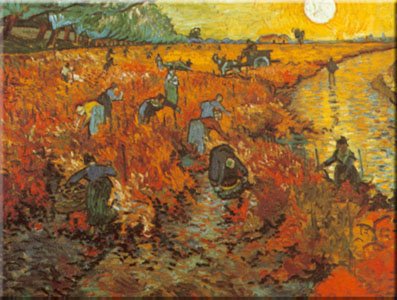Now Is The Time For German Wines


“Big reds,” I have always said. “Barolo, Brunello, Barbaresco. White wine’s for sissies,” I have always said. Appellation controllée chateau de water. Then I had a mature white burgundy from one of those houses that’s so big it has to be called a firm. Now it may not have won as many Wine Speculator Advertiser’s Choice Awards as a fine Kendall-Jackson chardonnay, but it was pretty damn good—good enough to make me re-examine my relationship with white wine going forward. It had a complex and compelling aroma (that’s wine for we totally couldn’t figure out what it smelled like). It had a color—yellow. And best of all, it actually tasted good (it didn’t taste like a piece of wood). Of course, the catch is white burgundy requires a cellar in order to achieve its sublime age-brought potential. Unfortunately, it also requires a buyer—one with say, a lot of extra money lying around. You see, white burgundy (cheaper to just call it WB) has to be expensive in order to finance the French health care system. But this is not the case in Germany where health care is paid for by the government-run sausage industry.
Yes, German wines have it all, from the off-dry (okay, very off-dry) kabinett to the sweet auslese. There’s even a spatlese in between. And if you’re looking for something to really notbeabletoafford, there’s always the super-nec made from the victims of noble rot, trockenbeerenauslese. Say that five times and call me in the morning. But that was fun to say, wasn’t it? You know the main reason you got into wine is because you get to say things like Barbaresco, Ribera del Duero, Tierra del Fuego. Has anyone ever actually been to Tierra del Fuego other than Michael Palin? Think about it, the only reason you’ve even heard of it is because people get a small thrill from saying it. And who could forget the dreaded super-Tuscan. It’s a bird. It’s a plane. It’s overpriced. Or is it? But doesn’t this wine just sound like it could make the pond and back faster than you can say “my first oenologist”? Oh, she’s fast enough for you old man.
But any serious discussion about great wine names must include German rieslings. You can’t find one that doesn’t have a great name. No, seriously. And they’re all real places too! Show me a map with Silver Fox Frog Jumpsville on it, and I’ll personally hand Judy Groth fifty bucks. For pure phonetical pleasure, we start with Urziger Wurzgarten and Freinsheimer Goldberg Scheruebe.1 And who could forget the Randersacker Marsberg or the Forster Kirchenstuck (named for a famous logging accident)? Or maybe you got a bad case of the Flemlinger Vogelsprung this winter? And then there’s the real abbreviation fodder, Braunenberger Juffer Sonnenuhr. Don’t even get me started on the individual producers. What makes you sound more dangerous, packing an air-cooled Rudeshiemer Berg Rottland from Gebruder Grimm or a caberet from Robert Mondavi? You can hold an entire dinner party at bay by threatening to uncork an Oppenheimer Kreuz. Now try that with a petite syrah.

German rieslings are great and practically every other vintage is the best one of the last two years. These wines are delicious and crisp for drinking now, and many can develop into quite complex petrochemicals. Forget about cheap chardonnay and other crimes against humanity. German wines are also less alcoholic, so you can have a glass and still be able to think about something other than sex afterwards.2 And they go great with Asian food because they were roommates with Mao Tze Tung their freshman year of college. What more do you need to know? Now get out there and start drinking German wine.
1 I’ve since been informed this is actually a grape, Scheruebe, and not a place. Anyway, other German words worth saying aloud include Gegenhalten, Döppleganger, Mettelschmerz, Glockenspiel.
2 Concept still investigational 
German Wine
Home




